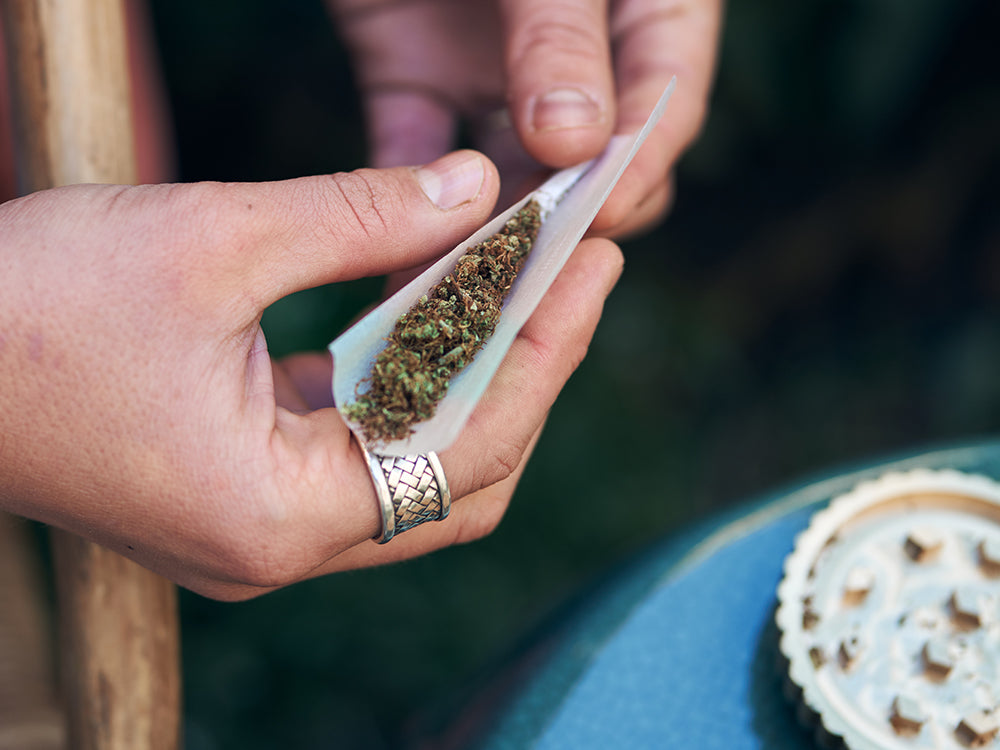Can You Consume Too Much Cannabis?
The succinct answer is yes, but comprehending the signs and risks associated with overconsumption is crucial for making informed decisions. Read on to delve into the complexities.
While no adult deaths have been reported due to cannabis overconsumption, the experience is generally not recommended. Ingesting an excess of cannabis, especially for newcomers or those exploring edibles, can result in unpleasant, albeit temporary effects. Commencing with a low dose and progressing slowly is advisable.
Can you overdose on cannabis?
The term “overdose” is not precisely applicable to cannabis, as it implies a toxic overload leading to death or requiring resuscitation. Cannabis overconsumption is better described as poisoning, where the body grapples with processing an excessive amount of THC. Symptoms may include severe anxiety, paranoia, vomiting, and, in rare instances, acute psychotic episodes.
No documented cases of adult fatalities exist due to cannabis overconsumption, given THC’s interaction with cannabinoid receptors primarily related to motor control, cognition, emotional response, and the immune system. Vital functions like heartbeat and breathing, regulated by non-cannabinoid receptor-containing brain areas, remain unaffected by excess THC.
Although generally not life-threatening, over-consuming cannabis, often termed “greening out,” can entail various unpleasant symptoms.
What to do if you think you’ve over-consumed?
In emergencies, seek immediate medical attention for chest pain, panic attacks, loss of contact with reality, seizures, or if a serious issue is suspected.
For non-emergency situations, consider these tactics:
-
Eat something: Certain foods like pine nuts, black pepper, and lemon are believed to counteract cannabis’s psychoactive effects. At the very least, a snack may provide a pleasant distraction.
-
Drink water: Combat dry mouth, a common side effect, and potentially stay calm by consuming water.
-
Shift your focus: Diverting attention from negative feelings can be beneficial. Repeat positive affirmations, listen to relaxing music, watch a show, retreat to a calm environment, or reach out to a supportive friend or family member.
Signs of overconsumption
Symptoms vary based on physical, psychological, and environmental factors. Common signs include sleepiness, confusion, restlessness, disorientation, clumsiness, fainting, dizziness, chest pain, fast or slow heartbeat, panic attacks, loss of reality contact, seizures, nausea, sweating, paranoia, anxiety, or fear.
Risks of overconsuming cannabis
Consistent overconsumption, especially on a daily or near-daily basis, is linked to memory loss, concentration difficulties, and respiratory issues for smokers. Cannabinoid hyperemesis syndrome (CHS), marked by sudden nausea, cramping, and vomiting, can affect frequent cannabis consumers. Regular breaks may reduce the risk of developing a cannabis use disorder.
Cannabis alters perception, affects memory, and impacts decision-making. Avoid engaging in activities requiring a clear head and refrain from driving or operating machinery for up to 24 hours post-consumption.
Start low and go slow
“Start low and go slow” is the guiding principle for responsible cannabis consumption. Begin with a small initial dose and wait to gauge effects before considering more. The chart provides general guidelines for various products, considering factors such as method and timing of effects.
Edibles require special care
Edibles demand particular attention. Effects take longer to appear, last longer, and feel stronger compared to other cannabis types. Gradually increasing the dose through trial runs helps identify the lowest effective amount.
Cannabis concentrates and extracts
These potent forms are not recommended for beginners due to their increased potency. Purchase from legal, regulated sources, read labels carefully, and be mindful of THC potency differences.
Preventing overconsumption
Mindful and methodical approaches, coupled with an awareness of “set and setting” (personal circumstances and surroundings), can prevent overconsumption. Avoid cannabis if anxious or in a stressful situation. Refrain from mixing with other substances.
Interaction with alcohol and other drugs
Cannabis can interact with various drugs, increasing metabolism rates or amplifying effects. Consult with a doctor to determine contraindications with cannabis.
Cannabis safety tips
To mitigate short- and long-term health effects:
-
Start with low doses: Especially for new or occasional users.
-
Choose a safe setting: Consume in a relaxed, secure environment.
-
Read and understand labels: Be aware of potency and recommended dosage.
-
Opt for low-THC products: High-THC products may be overwhelming.
-
Exercise caution with edibles: Effects may be prolonged; start with small amounts.
-
Avoid mixing substances: Mixing can enhance unpleasant effects.
-
Choose legal cannabis products: Regulated products adhere to safety standards and provide detailed information.
Approaching cannabis responsibly involves staying informed, understanding personal limits, and being mindful of circumstances.
[DISPLAY_ULTIMATE_SOCIAL_ICONS]

